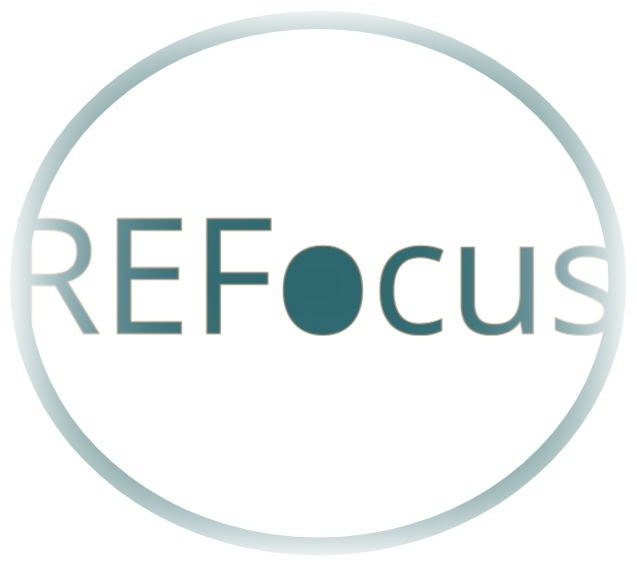” Consulting “
Series
5 Times When Hiring a Consultant is a Good Idea

Consultants are expected to deliver high-quality solutions to their client’s problems. But how do you know if you need one now? How do you know if that is actually what you need?
Many businesses face challenges that require external expertise and guidance.
Whether it’s a strategic decision, a technical problem, or a market opportunity, sometimes you need a fresh perspective and specialized skills to achieve your goals.
But how do you know when you should hire a consultant? And what are the benefits and risks of doing so?
This blog post will explore some scenarios where hiring a consultant can be a smart move for your business.
We will also discuss some best practices for finding, hiring, and working with consultants to ensure a successful outcome.
Scenarios
Scenario 1: You need to solve a complex or urgent problem
One of the most common reasons to hire a consultant is when you face a problem beyond your current capabilities or resources. For example, you may need to:
– Implement a new technology or system
– Improve your operational efficiency or quality
– Comply with new regulations or standards
– Respond to a crisis or change in the market
– Launch a new product or service
In these situations, a consultant can bring the necessary expertise, experience, and tools to help you solve the problem quickly and effectively. A consultant can also provide an objective and unbiased analysis of the situation, identify the root causes and potential solutions, and recommend the best action.
Scenario 2: You want to gain a competitive edge or explore new opportunities
Another reason to hire a consultant is to gain an advantage over your competitors or explore new possibilities for your business. For example, you may want to:
– Develop a new strategy or business model
– Expand into new markets or segments
– Innovate or differentiate your products or services
– Enhance your brand or reputation
– Increase your customer satisfaction or loyalty
In these situations, a consultant can help you discover and leverage your strengths, opportunities, and unique value proposition. A consultant can also help you conduct market research, benchmarking, feasibility studies, and design and implement creative and effective solutions.
Scenario 3: You want to develop your internal capabilities or culture
A third reason to hire a consultant is when you want to improve your internal capabilities or culture. For example, you may want to:
– Train or coach your staff or leaders
– Implement best practices or standards
– Foster collaboration or communication
– Align your vision, mission, and values
– Enhance your organizational performance or culture
In these situations, a consultant can help you assess your current situation, identify gaps and areas for improvement, and design and deliver customized interventions. A consultant can also help you facilitate change management, stakeholder engagement, and feedback mechanisms.
Best practices for hiring and working with consultants
Hiring a consultant can be a valuable investment for your business if done right. However, it can also be a risky and costly endeavor if done wrong.
To ensure that you get the most out of your consulting engagement, here are some best practices to follow:
- Define your objectives and expectations clearly. Before you start looking for a consultant, make sure you have a clear idea of what you want to achieve, why you need external help, and what success looks like for you.
- Find the right fit for your needs and budget. Once you have defined your objectives and expectations, look for consultants who have the relevant expertise, experience, and track record in your industry and domain. Compare their proposals, fees, and references, and choose the one who best matches your criteria.
- Establish a clear scope and contract. After selecting a consultant, ensure you agree on the scope of work, deliverables, timelines, milestones, roles and responsibilities, communication methods, payment terms, and confidentiality clauses. Put everything in writing and sign a contract that protects both parties.
- Manage the relationship effectively. During the consulting engagement, maintain regular communication and feedback with the consultant. Monitor the progress and quality of the work, provide input and guidance as needed, and promptly address any issues or concerns. Be open to new ideas and suggestions from the consultant but also assert your own opinions and preferences.
- Evaluate the results and outcomes. At the end of the consulting engagement, review the results and outcomes against your objectives and expectations. Assess the value and impact of the work done by the consultant. Provide feedback and recognition to the consultant. Document the lessons learned and best practices for future reference.
Conclusion
Hiring a consultant can be a great way to solve problems, gain advantages, or develop capabilities for your business.
However, it requires careful planning, selection, management, and evaluation to ensure a positive return on investment.
By following these best practices, you can maximize the benefits of hiring a consultant while minimizing the risks.
Additional Resources
A Few Other Resources We’ve Created for Our Customers
“What Problems do You Fix?”
" REFocus " Series04 / 07 / 2023 Residential Market "Why should I hire you?", "What can you do for us?", "What exactly do you work with? In what areas?" or "What makes you unique?" are frequently asked by businesses when discussing consulting, their...
News_Residential Market 230407
NEWS04 / 07 / 2023 Residential Market What are the main news related to the residential real estate market for this week? If you are interested in the latest developments and trends in the residential real estate market, you might want to read this...
Best Practices for Effective Client Relationship Management in Real EstateEstate Brokerages Thriving with Consulting Support
" Real Estate Companies " SeriesBest Practices for Effective Client Relationship Management in Real Estate As a real estate professional, your success largely depends on building and maintaining strong client relationships. Effective client...
Contact Us
Have additional questions? Send us an email and we will reach back to help you answer them!


